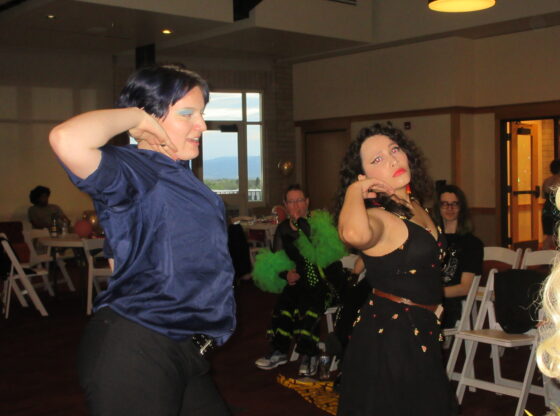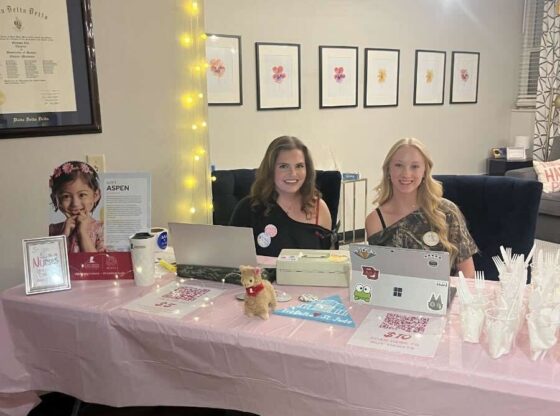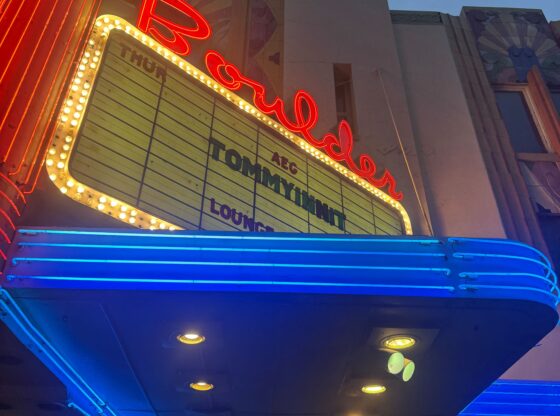The dining hall is one of the main food hubs for most students at DU, but does anyone know where the food is coming from? The DU chapter of Plant Futures aims to answer this question.
Plant Futures is a national nonprofit organization, founded by Samantha Derrick in 2021. Derrick was a student at UC Berkeley who wanted to take a food systems course which was unfortunately not offered. As a result, Derrick designed Plant Futures, a program that imitates the food systems course she always wanted to take.
However, this organization has exceeded its role as just a course. With chapters at universities all over the United States, Plant Futures now aims to accelerate the transition to a plant-centric world for planetary, human and animal well-being. Yet, there is not one universal way to do this. Each chapter uses their own values and passions to achieve this goal.
At DU, fourth-year Soffy Anderson, president of the Plant Future chapter, wants to “equip students to bring about change.” Anderson and the rest of the leadership team hope that with this chapter, more people will recognize the intersection that exists between food systems and social change.
A food system involves all the processes that food undergoes to get from its most basic form to someone’s plate. While this sounds simple, this process brings forth many ethical and environmental problems, which is why it’s important to know where food is coming from.
Unfortunately, under the current DU partnership with Sodexo, the food services company that supplies the university’s food, information about the food system process is not as readily publicized in the dining hall.
“Since we do not know where the food is coming from, we cannot know the amount of emissions produced, who’s laboring to harvest the food, what pesticides are used. Overall we cannot understand the process because we only see the food that ends up in the dining hall,” said Anderson.
To find answers to these questions, Plant Futures is currently communicating with Sodexo to find more information about their practices. They are also doing a waste audit to see what is getting thrown away. However, this process has proven challenging for the chapter.
“It’s hard to organize things with the administration right now. It’s been hard to find places where we are welcome to make changes. The current environment feels like if you’re questioning the practices in place, you are threatening to take the whole thing down,” said Anderson.
As a result, the chapter has started to induce change outside of campus.
On Feb. 2, members of the chapter volunteered at SAME cafe.
SAME cafe, otherwise known as So All May Eat, is the first restaurant in Denver that operates on a pay-what-you-can basis.
Plant Futures was inspired to volunteer with SAME because their practices align with the chapter’s values. “Everyone deserves to eat healthy and nourishing food,” said Anderson. This sentiment is seen through SAME cafes’ open system.
At SAME, the members of the club chopped onions for two hours, which may seem miniscule but ultimately relates to the chapter’s goal to focus on small, meaningful changes.
They hope to continue to make changes by educating the DU population.
“The goal is to create a lot of awareness as there is not a lot of education around food systems, and intersectional food systems are a part of everything that we do. We cannot save the planet without being concerned with the state of society,” said Anderson.
One way Plant Futures is promoting awareness is by hosting a community dinner during week ten. Hosted by the Center for Regenerative Future, the event will focus on how people can eat locally and seasonally. They will also discuss how to be in tune with the present environment and still focus on food justice.
The Center for Regenerative Future is one of many ways that Plant Futures help facilitate long-term connections.
The chapter wants to bring in the next generation of leaders in order to connect their passion to professional development. The organization hosts online sessions about food justice and different aspects of food systems that students could get involved in.
Ultimately, students should get involved with Plant Futures if they care about the environment, food justice and taking care of each other.
“Everyone has to eat. Eating is something we all do. If you want to be more conscious and aware of your role in the community and role it’s important to understand where your food is coming from,” said Anderson.
More importantly, the chapter is open to everyone and anyone.
“It’s not just a club for vegan or vegetarians. We understand there’s a balance between college life and the struggle to eat healthy, the goal is to make everyone aware of how what they’re eating impacts the environment,” said Anderson.
By eating a more plant-based diet, sustainability becomes circular. These plant-centric food systems are not extractive of the environment.
Despite Plant Futures challenges on campus, they, and the larger organization, are committed to facilitate real change around the world.
During 2024, the number of chapters nationally nearly doubled. Members of the organization attended ten events all over the world, regarding topics including food systems, climate action, education and community building.
In 2025, the organization intends to expand to more than 125 chapters, expand plant-centered education and food options on campuses, and strengthen mentorship programs and career development resources.
“Even if you don’t join Plant Futures, start asking intentional questions about what’s going on in life. Let’s be more conscious about our decisions in everyday life,” said Anderson.











